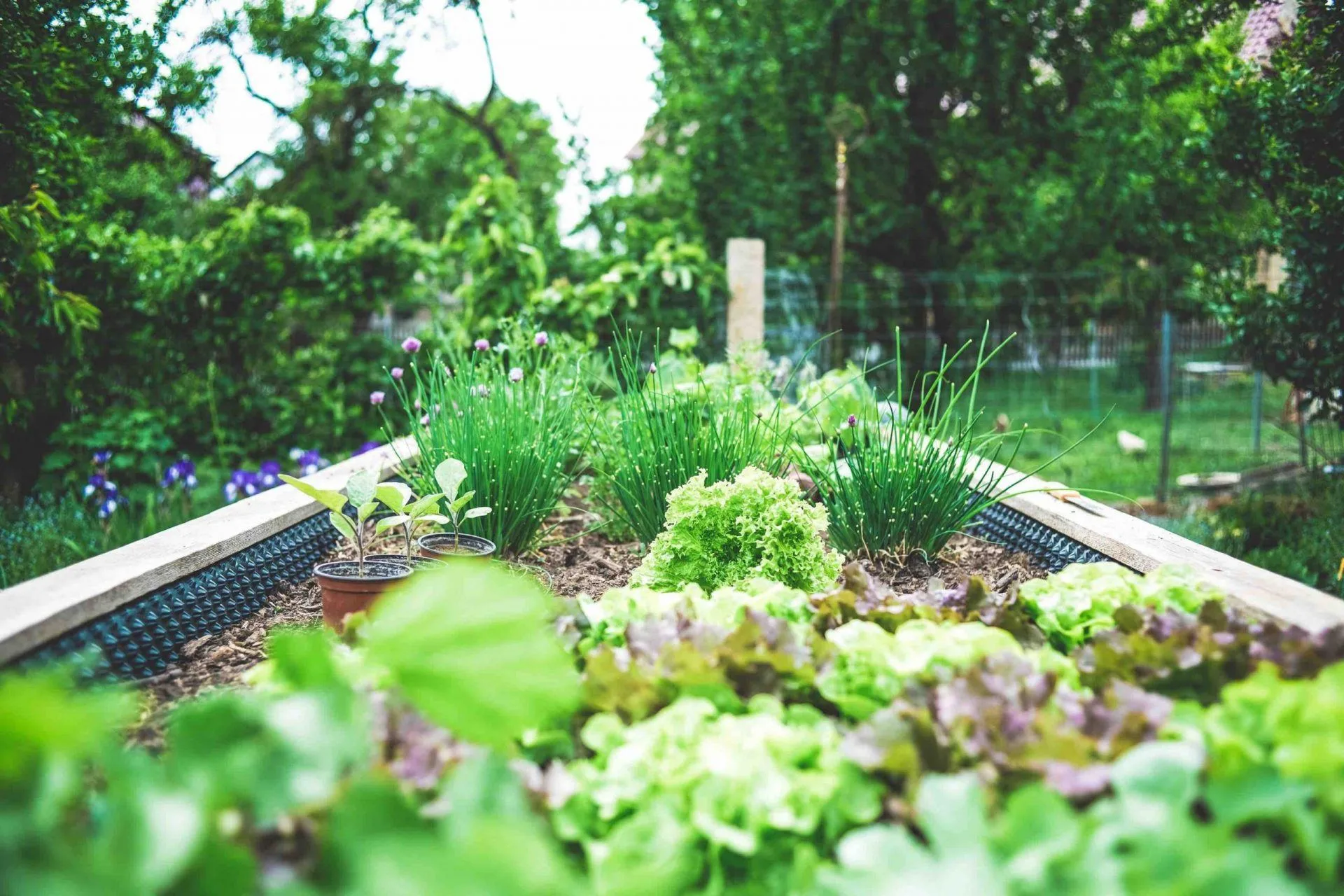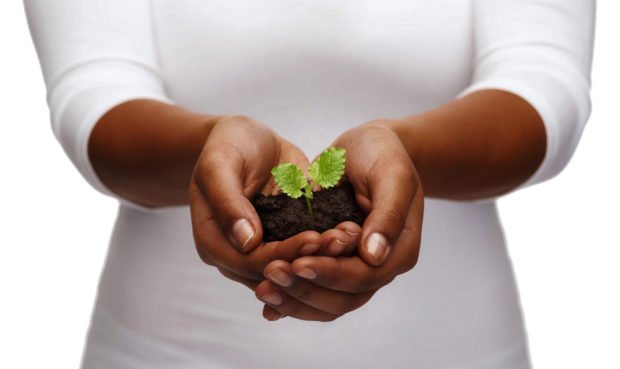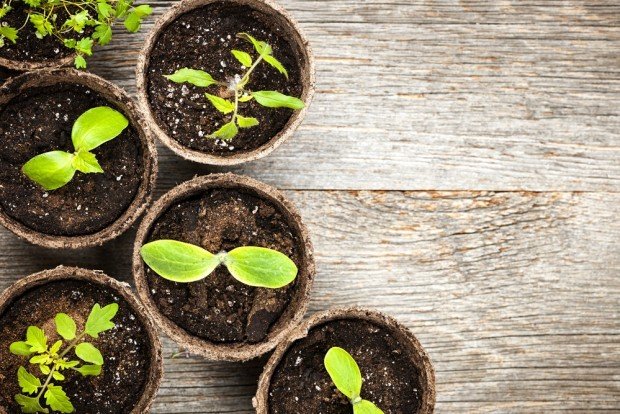With the current health and wellness trends, many of us are looking for ways to make our diets healthier. We know that eating clean is the key to better health, but how can we ensure we’re getting the freshest ingredients? Victoria Gerrard, La Crosse, WI resident, has a solution: sustainable gardening. Read on to find out why sustainable gardening is essential to eating clean. Longevity Live Paid Content.
Why Is Sustainable Gardening Important?
Sustainable gardening helps protect our environment by reducing pesticide and chemical runoff into waterways and soil. It also helps reduce greenhouse gas emissions by eliminating the need for large-scale industrial agriculture operations, which consume vast amounts of energy from fossil fuels.
Additionally, sustainable gardens can help conserve water usage by using techniques like mulching or drip irrigation systems, allowing gardeners to save water while still providing enough moisture for their plants.
Sustainable gardens support biodiversity by providing habitats for native wildlife such as birds and butterflies — something that large-scale commercial farms often cannot offer due to their reliance on monoculture production methods.
Healthy Soil = Healthy Food
The foundation of any successful garden is healthy soil. When your soil is full of beneficial microorganisms and nutrient-rich organic matter, it provides the perfect environment for plants to thrive. This means that when you harvest your produce, it will be full of vital nutrients and minerals necessary for good health.
On the other hand, if your soil lacks these vital elements, your harvest won’t have as many benefits. That’s why it’s so important to use sustainable gardening methods such as composting or cover cropping to help ensure that your soil remains healthy and productive.
Small Changes Can Make a Big Difference
When it comes to making positive changes in our lives, this also applies to sustainable gardening! For example, something as simple as adding organic matter or mulch can help conserve water and reduce erosion in your garden.
Also, choosing disease-resistant plants or companion planting can help keep pests away from your plants without resorting to harmful chemical pesticides or herbicides. These minor adjustments may seem insignificant on their own. Still, over time they can add up and make a massive difference in the sustainability of your garden—and ultimately its productivity too!
Knowledge Is Power
For sustainable gardening practices to be successful, it helps if you know what you’re doing—and this doesn’t necessarily mean you need a degree in horticulture! Victoria Gerrard, La Crosse, WI resident, recommends researching the types of plants that do well in your area and learning how best to care for them.
You should also look into what kind of fertilizers work best with certain crops (such as liquid or dry) to get maximum yield from each plant. Don’t forget about pest management! There are plenty of natural options that won’t harm beneficial insects or pollinators like bees while keeping unwanted pests from taking over your garden.
How To Get Started With Sustainable Gardening
Gardening sustainably starts with choosing the right plants which are well-suited to your climate and season. Native plants are best since they are adapted for your local area, considering soil types and moisture availability. A soil sample can tell you what kind of soil you have, whether it requires amendment, or if some plants won’t do well in the existing conditions.
If modifications are required, such as peat moss or manure, these should be as organic and natural as possible for the healthiest plants. Planting native species will also help attract pollinators like bees and butterflies. If available, purchase from a nursery specializing in local plants, which helps reduce chemicals used on commercial farms.
Watering plays an essential role in gardening sustainably – conserve water by watering deeply but infrequently instead of lightly misting the surface daily. Consider setting up a rain barrel or irrigation system that takes advantage of free water.
Once planted, keeping weeds away is another step towards sustainability; slowly digging them up to preserve their roots rather than using herbicides that disrupt ecosystems with toxic chemicals. Finally, mulching around each plant’s base helps protect them against temperature changes while discouraging weed growth; plus, it adds nutrients back into the soil when it breaks down over time.
What Plants To Choose
Plants are essential for a sustainable garden, as they can serve multiple purposes. First and foremost, plants provide the primary food source for most animals. Additionally, many plants act as natural fertilizers by intercepting nitrogen from the air and transforming it into a usable nutrient for other plants in the garden. Plants also help to reduce erosion from wind and rain, which can cause soil depletion. Various shrubs, trees, flowers, or grasses provide wildlife shelter while adding color and beauty to the garden.
Finally, some plants produce fruits or edible crops, which can be harvested regularly, providing long-term nutritional sources. In essence, plants are critical components of organic gardening practices and are necessary for creating a successful sustainable garden.
Conclusion
Sustainable gardening is essential to eating clean because it helps ensure you get the maximum nutritional value from each crop you grow. It involves making small changes, such as adding organic matter or mulch. This can result in significant differences over time—allowing you to reap all the benefits of growing fresh vegetables without worrying about harmful chemicals or wasting resources like water or electricity. With some research and knowledge, sustainable gardening could be just what you need for an even healthier lifestyle! Thanks for these tips, Victoria Gerrard La Crosse, WI!
Main photo credit
Photo by Markus Spiske on Unsplash





![women [longevity live]](https://longevitylive.com/wp-content/uploads/2020/01/photo-of-women-walking-down-the-street-1116984-100x100.jpg)










